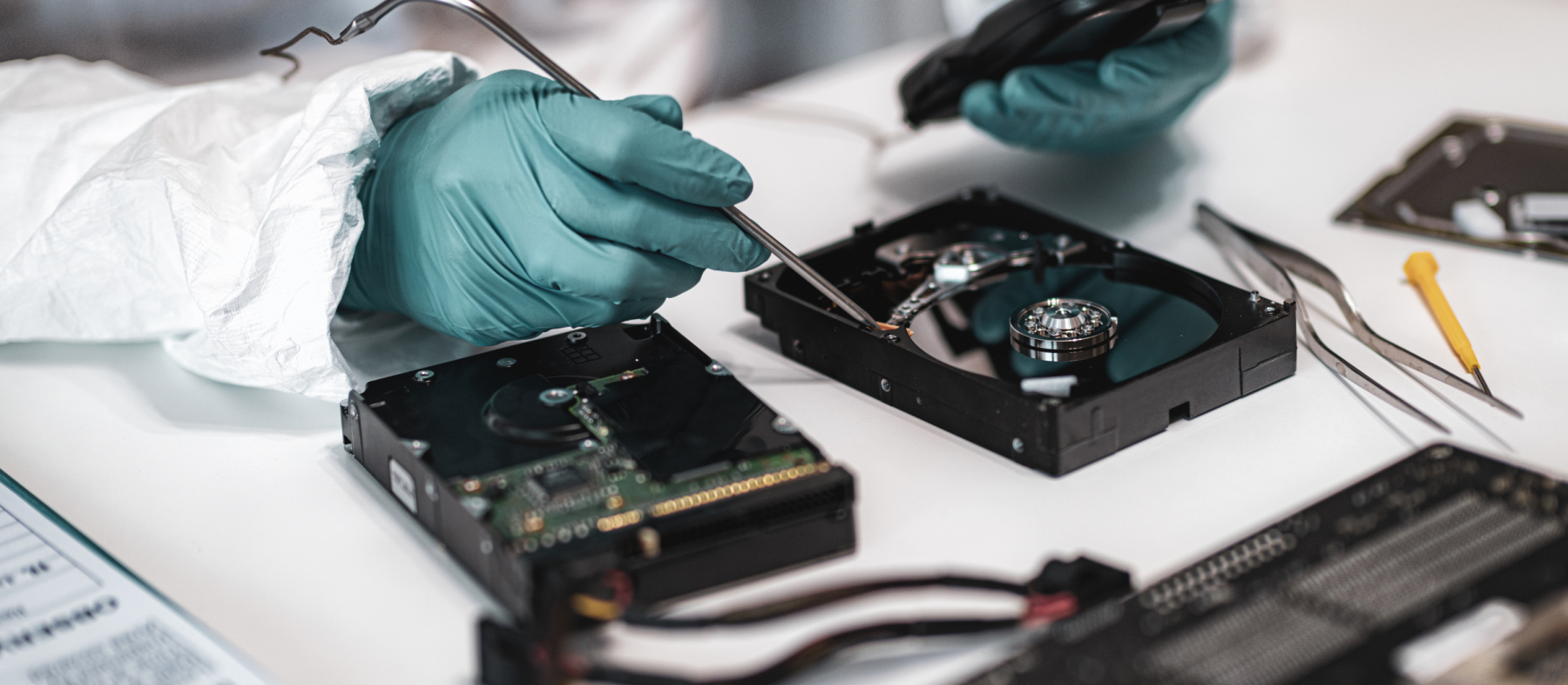Program Goals:
The Computer Forensics Certificate prepares graduates to work in the information technology and criminal justice fields as computer and digital forensics investigators. According to the Occupational Outlook Handbook, 2016-2017 Edition, employment of computer forensics specialists is expected to increase by 18% from 2014 to 2024.1 Competition will be high for these positions, requiring advanced technical and investigative skills and knowledge. Demand for these workers will result from the increased use of digital devices by individuals and businesses, as well as the increase in criminal activity on the Internet, such as identity theft, electronic harassment, illegal obtainment of copyrighted materials, and malware activities. Computer forensics, also called cyber forensics, “is the application of investigation and analysis techniques to gather and preserve evidence from a particular computing device in a way that is suitable for presentation in a court of law. The goal of computer forensics is to perform a structured investigation while maintaining a documented chain of evidence to find out exactly what happened on a computing device and who was responsible for it.”2
1www.bls.gov/ooh/
2https://searchsecurity.techtarget.com/definition/computer-forensics
Student Learning Outcomes:
Upon completion of the program, graduates will be able to:
- Demonstrate the application of information technology to common business functions, including the implementation and use of basic end user software.
- Understand the common processes and procedures used to conduct criminal and noncriminal investigations of activities involving evidence with digital media, including the laws that apply to these processes.
- Perform support and maintenance of computer hardware.
- Analyze and apply operating systems concepts to implement and support multiple industry standard operating systems in enterprise networking environments.
- Apply networking concepts to design, implement, and maintain LANs and WANs to support modern implementations, including internetworking and data convergence.
Admissions Process:
Admissions inquiries should be directed to admissions@qcc.mass.edu. Prospective students may apply to the program of their choice by following the enrollment steps at www.QCC.edu/enrollment-steps.
Program Admissions Requirements:
Students should note that some first semester courses carry minimum prerequisites. Refer to the program grid.
- High School Diploma or GED/HiSET.
CORI, SORI, Finger Printing & Drug Testing:
Criminal Offender Record Information (CORI) and Sex Offender Registry Information (SORI) checks are not required. Fingerprinting and drug testing are not required.
Additional Cost:
See the Program Fees page.
- Students who pursue any of the industry certifications will incur additional expenses for testing fees.
Technical Performance Standards:
See the Technical Performance Standards page. (Note: Not all programs have technical performance standards).
Credit for Prior Learning:
Credit for Prior Learning (CPL) allows students to use skills they already have towards a college degree or certificate. Work, life, volunteer and military experience may be translated into credit, allowing students to take fewer classes and earn their degree faster. CPL eliminates redundancies for students who have already earned credentials or mastered skills required for their program of study. Email experience@qcc.mass.edu for more information and eligibility.
Career Outlook:
Please consult the Massachusetts Career Information System at https://masscis.intocareers.org/ or the Occupational Outlook Handbook at www.bls.gov/ooh/ for specific occupational information. The CIP code for this program is 11.1003.
Transfer Articulations & Opportunities:
Prospective students may learn more about transfer articulation agreements at www.QCC.edu/agreements. More information regarding transfer opportunities is available at www.QCC.edu/transfer.
Additional Information:
- The Computer Forensics Certificate offers extensive coursework, lecturing on theoretical information technology design, principles, and approaches and supplementing the lecture with practical hands-on application in QCC’s state-of-the-art CSET labs.
- The Computer Forensics Certificate offers courses that teach material from several industry standard certifications including:
- Computing Technology Industry Association (CompTIA):
- A+ - CSC 233
- Network+ - CSC 234
- Linux+ - CST 245
- Microsoft’s 365 Certified Associate in the following topics:
- Windows Desktop - CSC 141


